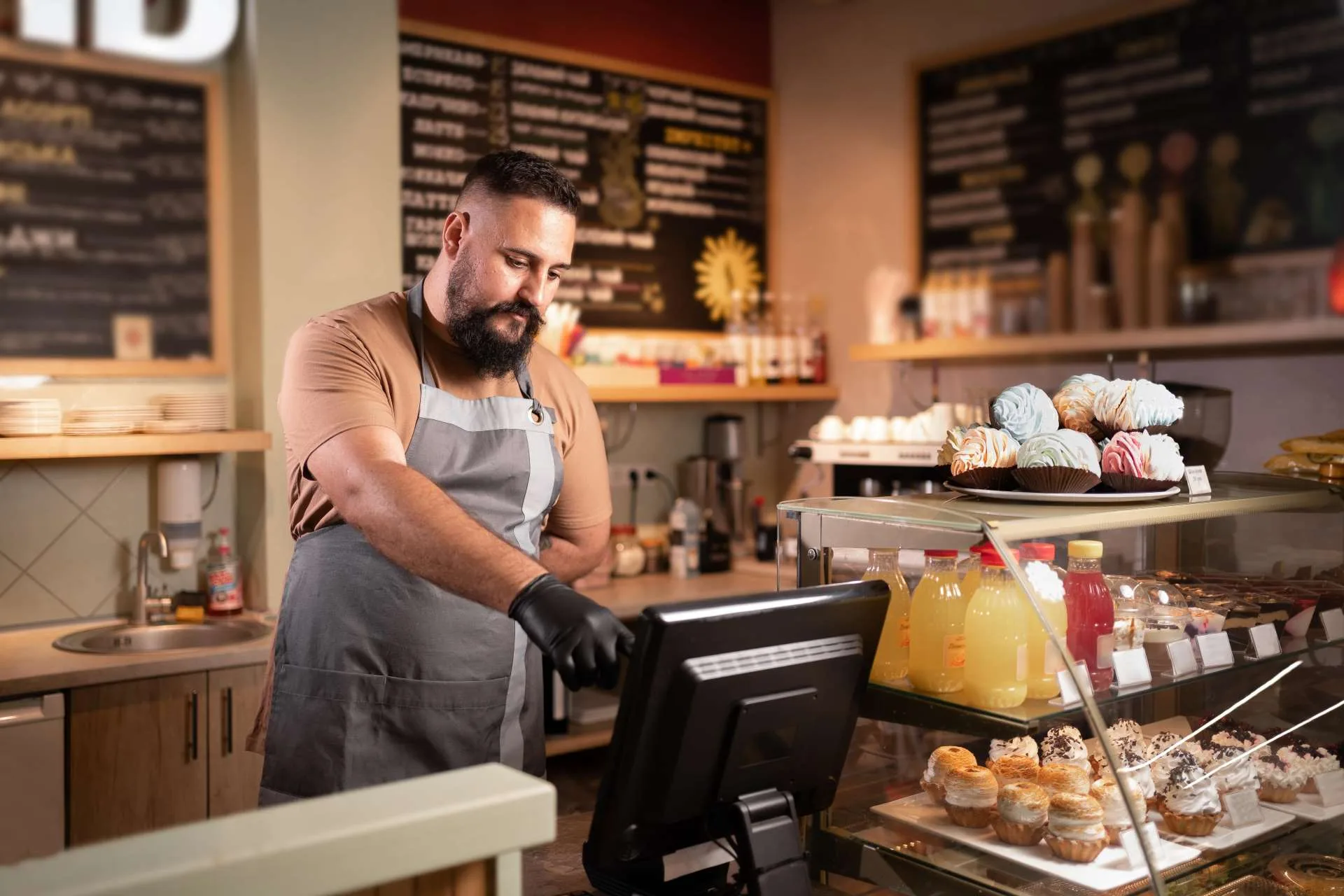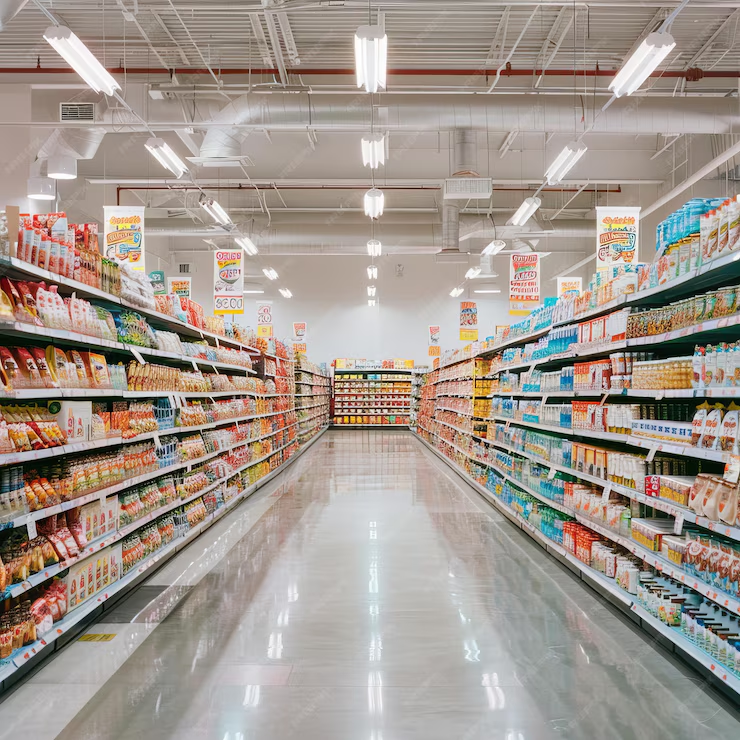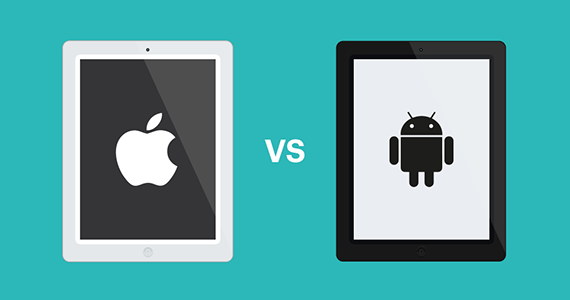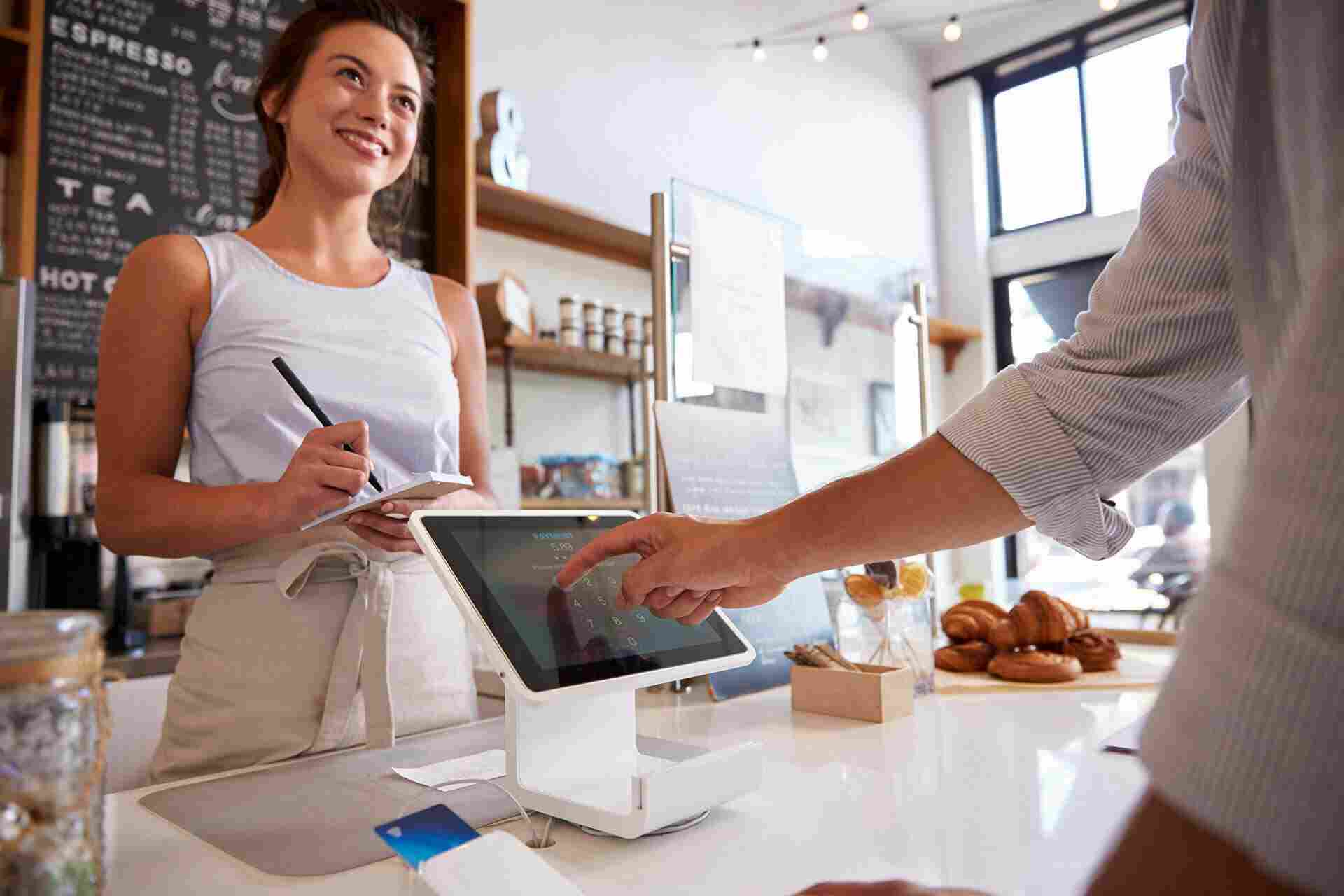Why Your Grocery Store Needs a POS System

Running a grocery store involves managing a complex web of operations—from handling large inventories to tracking sales, managing employees, and serving customers quickly. In today’s fast-paced and competitive retail landscape, grocery stores need more than just a simple cash register. A modern Point of Sale (POS) system can significantly improve your store’s efficiency, streamline operations, and boost profitability. If you’re still relying on manual processes or outdated systems, it’s time to consider upgrading to a POS system.
Here’s why your grocery store needs a POS system and how it can transform your business:
1. Streamlined Checkout Process
One of the most critical aspects of running a grocery store is maintaining a smooth checkout experience for customers. Long wait times at checkout can frustrate customers and result in lost sales. A POS system designed for grocery stores can streamline this process by:
- Faster transactions: With barcode scanning and integrated payment processing, POS systems allow for quick and efficient transactions, reducing the time customers spend waiting in line.
- Multiple payment options: Modern POS systems accept a variety of payment methods, including credit/debit cards, mobile payments, and digital wallets, giving customers more flexibility in how they pay.
- Split payments: If customers want to split payments between cash and card or between two cards, a POS system can handle it easily, ensuring smooth and flexible checkout.
By optimizing the checkout process, a POS system enhances the customer experience, making it more likely that shoppers will return.
2. Accurate Inventory Management
Managing inventory in a grocery store can be challenging, especially with thousands of products, many of which are perishable. A POS system helps you keep track of stock in real-time, allowing for accurate inventory management. Key features include:
- Automated stock updates: Every time a product is sold, the POS system automatically updates your inventory count, giving you real-time data on stock levels.
- Low stock alerts: When inventory on certain items is running low, the POS system can send alerts so you can reorder products before they run out.
- Expiration date tracking: For perishable goods, a POS system can help you track expiration dates, reducing food waste by ensuring that products are sold before they spoil.
- Forecasting demand: With historical sales data, the POS system can predict demand, helping you stock the right products in the right quantities, especially during peak seasons.
Accurate inventory management leads to fewer out-of-stock situations, reduces waste, and helps ensure you are stocking what your customers want, when they want it.
3. Improved Customer Loyalty
In the grocery business, customer loyalty can make or break your success. A POS system can help foster customer loyalty by providing personalized services and loyalty programs. With the help of a POS system, you can:
- Track purchase history: Know what customers are buying so you can offer personalized discounts, recommendations, or product bundles.
- Offer loyalty programs: Many POS systems come with built-in loyalty features that allow you to reward repeat customers with discounts, points, or exclusive offers.
- Customer data collection: A POS system can store customer contact information, allowing you to send targeted marketing campaigns, such as special offers or promotions.
By building strong relationships with your customers, you can drive repeat business and increase customer retention.
Also read: How to Choose a POS System for Your Seasonal Business
4. Enhanced Reporting and Analytics
A POS system gives you access to detailed reports and analytics that help you understand the performance of your grocery store. You can track important metrics such as:
- Sales trends: Identify which products are selling well and which are underperforming.
- Profit margins: Get insight into how much you’re making on each product and identify opportunities for improvement.
- Employee performance: Track the efficiency of your staff, including who is handling the most sales and how long it takes to complete transactions.
- Peak hours: Understand when your store is busiest so you can optimize staffing and inventory.
These insights allow you to make data-driven decisions, enabling you to improve your store’s operations, maximize sales, and cut costs where necessary.
5. Simplified Employee Management
Managing staff is another critical aspect of running a grocery store, and a POS system can help simplify this process. Features that benefit employee management include:
- Clock-in/clock-out functions: Employees can log their hours directly through the POS system, making it easier to track work schedules and calculate payroll.
- Access control: POS systems allow you to assign different roles and permissions to employees, ensuring that sensitive information is only accessible to authorized personnel.
- Performance tracking: A POS system can provide data on employee performance, helping you reward top performers and identify areas for staff training or improvement.
With these tools, you can streamline workforce management, ensuring that your grocery store runs smoothly, even during busy times.
6. Improved Payment Security
With increasing concerns about data breaches and payment fraud, security is a top priority for any business. Modern POS systems are designed with built-in security features that protect your customers’ payment information and ensure your business complies with regulations. Some security benefits include:
- End-to-end encryption: Customer payment data is encrypted from the moment they swipe their card or enter their payment details, reducing the risk of fraud.
- PCI compliance: POS systems are designed to comply with Payment Card Industry (PCI) standards, ensuring that your store meets security requirements.
- Data backups: POS systems can automatically back up transaction data, ensuring that your sales records are safe in case of a system failure.
A secure payment process not only protects your business but also builds trust with customers.
Conclusion
A POS system is an essential tool for modern grocery stores, providing solutions to streamline checkout, manage inventory, boost customer loyalty, improve reporting, and enhance security. Whether you run a small local shop or a large supermarket, investing in a robust POS system will help you improve efficiency, reduce costs, and offer a better experience to your customers.
By leveraging the power of a POS system, your grocery store can stay competitive in the ever-evolving retail landscape, ensuring smooth operations, happy customers, and increased profitability.
Visit our site at www.dibtech.com.au
Visit our YouTube channel for tutorials Dibtech






